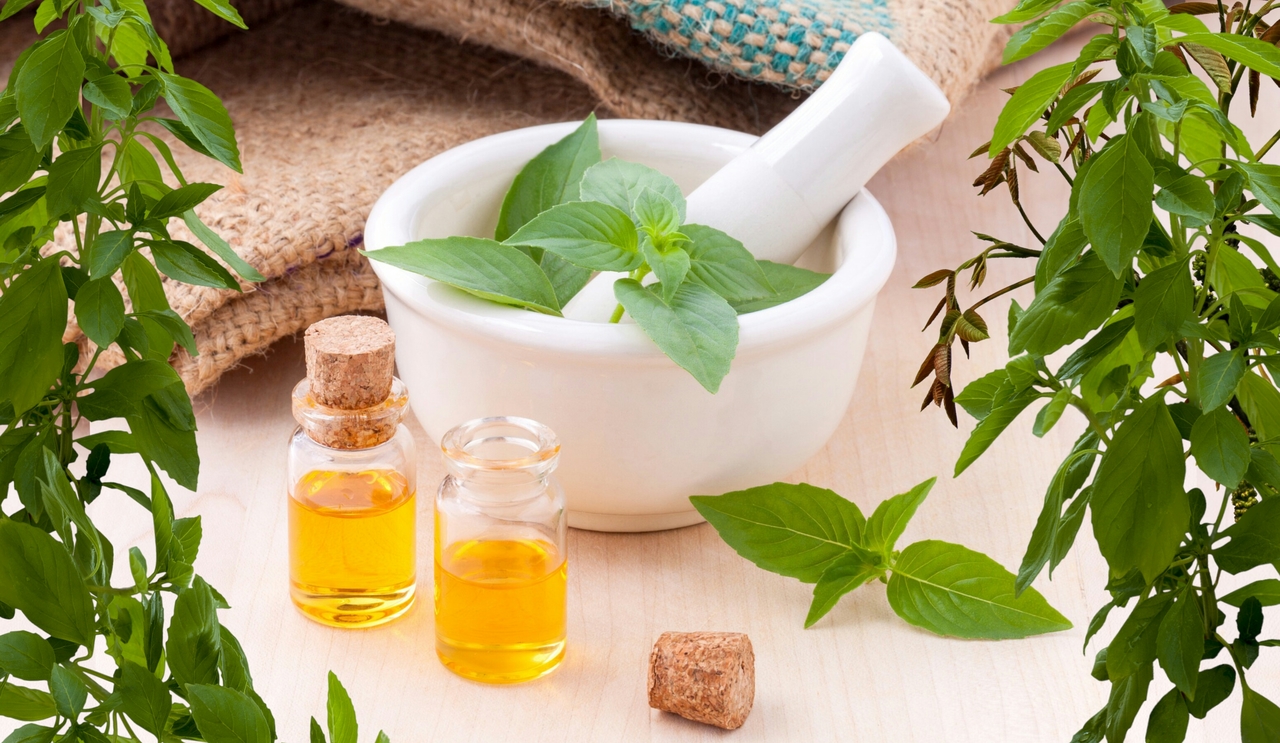Essential oils make a lot of people feel better about themselves and their environment but beware using them on or around pets! There have been some recent reports about dogs and cats being poisoned by essential oil use. This doesn’t mean you should stop using these products, but you should check to see if anything you use could be toxic to your pet.
How can essential oils harm pets?
Some pets have difficulty metabolizing some of the elements of essential oils, especially in their concentrated forms. Ingestion, inhalation, or topical contact can have toxic effects. Of course, it is often a matter of degree – most pets are not going to keel over just because they brush up against a tiny drop of peppermint oil. The problem comes mainly if they eat or lick something with a high concentration or if they are in an area where a diffuser is saturating the air with the oil.
What Oils are Hazardous?
Your vet is your best resource on whether something will harm your pet. If you are purchasing something that includes essential oils (even if it was ‘made for’ pets), checking does no harm and might prevent an unpleasant experience. The following is by no means a comprehensive list, but it’s a start:
Dogs
- Clove
- Garlic
- Juniper
- Rosemary
- Tea Tree
- Thyme
- Wintergreen
Cats
- Oil of Wintergreen
- Oil of Sweet Birch
- Citrus Oil (D-Limonene)
- Pine Oils
- Ylang Ylang Oil
- Peppermint Oil
- Cinnamon Oil
- Pennyroyal Oil
- Clove Oil
- Eucalyptus Oil
- Tea Tree Oil
Other pets may also be sensitive to essential oils. Birds, for example, may have breathing difficulties if close to an oil diffuser. Vets generally recommend approaching exotic pets with the assumption that they won’t be able to handle essential oils. Again, a vet – especially one specializing in the species you are keeping – will be your best resource.

